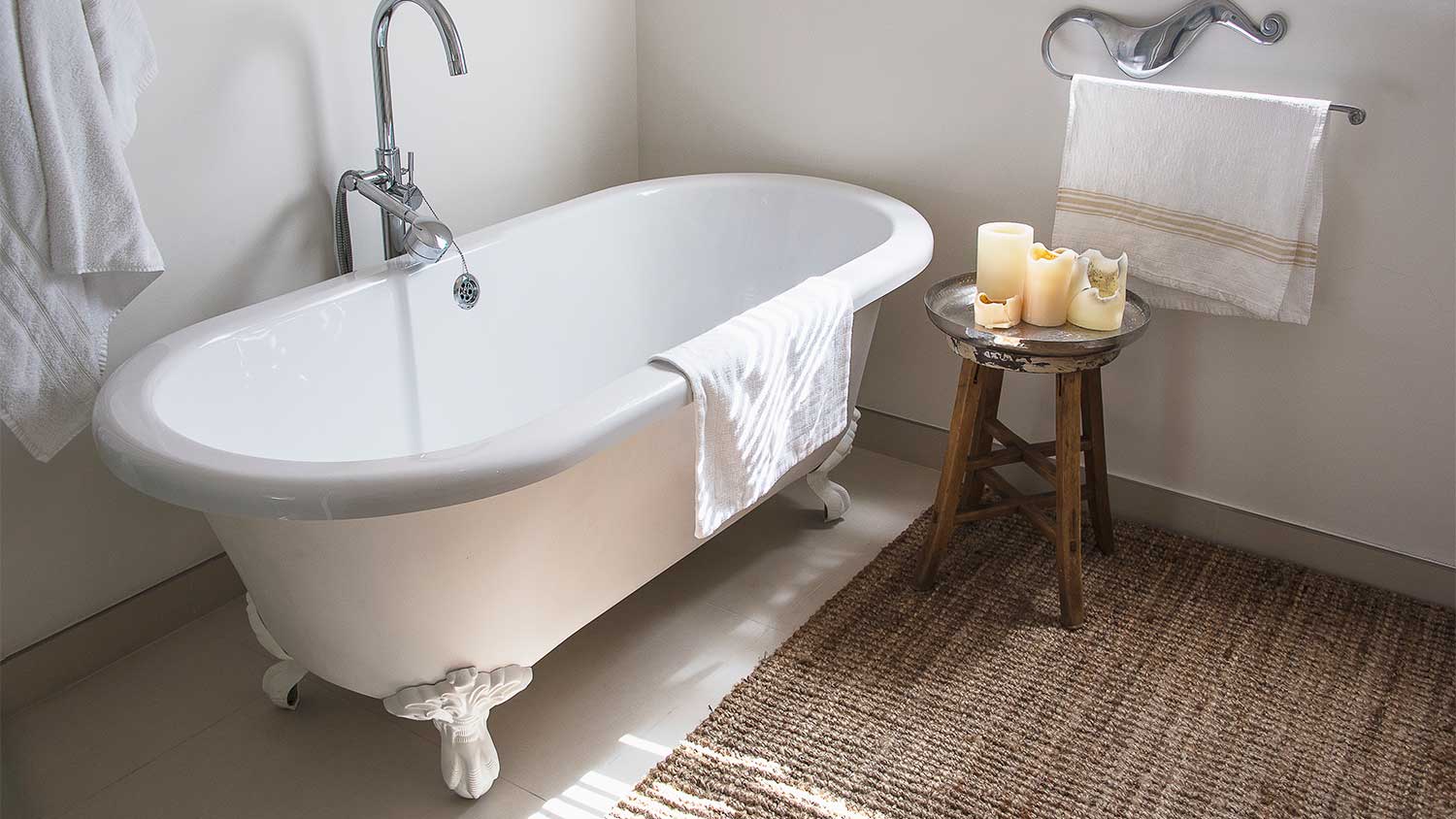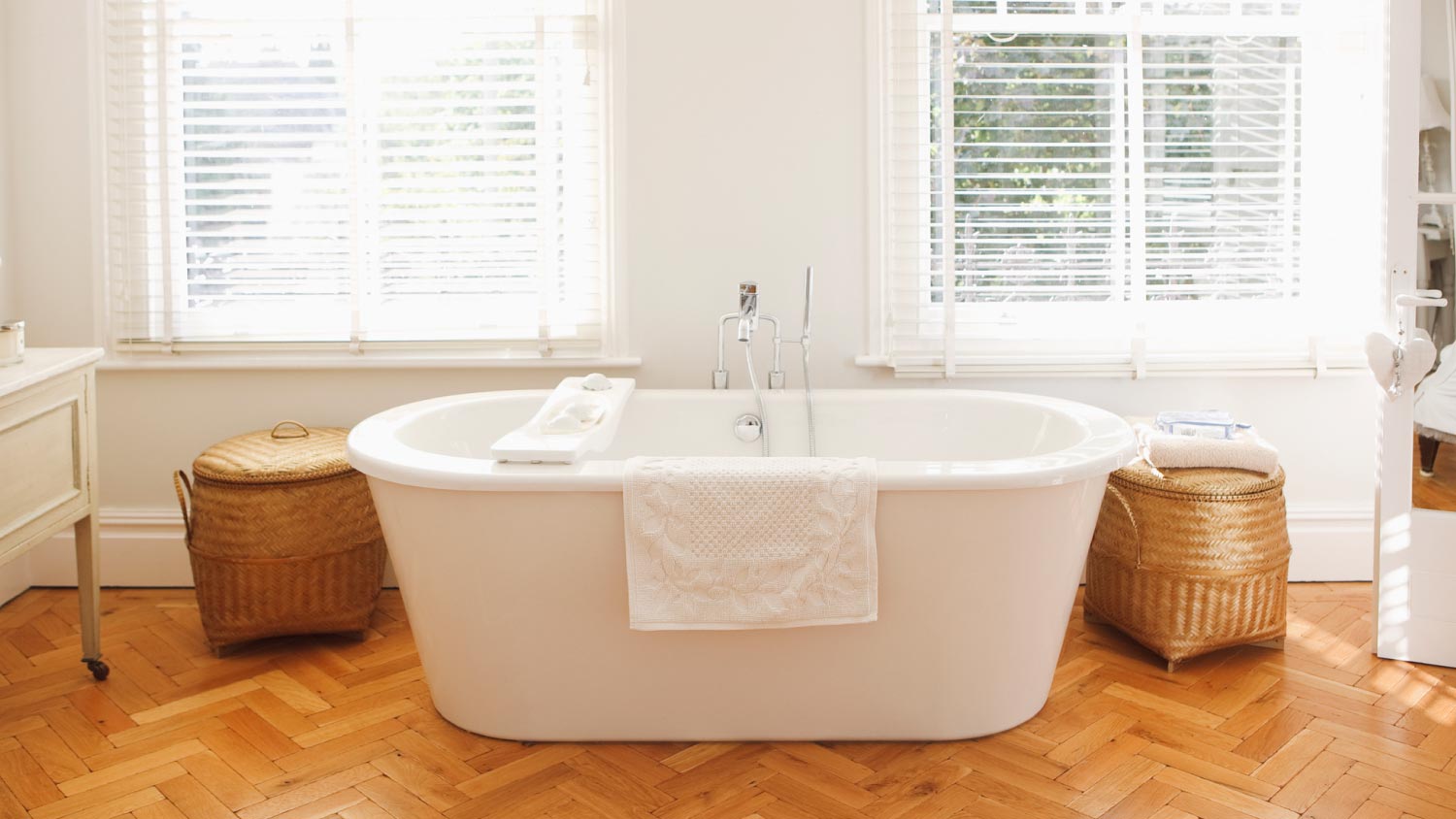
Get matched with top buffing and polishing pros in Dixmont, ME
Enter your zip and get matched with up to 5 pros
Need a pro for your buffing and polishing project in Dixmont, ME?
Find Buffing and polishing pros in Dixmont
A-Team Cleaning
A-Team Cleaning
We clean year-round homes, summer homes, rental turnovers, move-outs, post construction clean-up, and offices. We charge an hourly rate for the first cleaning and after that it is a set price. We do weekly, bi-weekly, monthly, and even one-time cleanings. We have all our own equipment and supplies.
We clean year-round homes, summer homes, rental turnovers, move-outs, post construction clean-up, and offices. We charge an hourly rate for the first cleaning and after that it is a set price. We do weekly, bi-weekly, monthly, and even one-time cleanings. We have all our own equipment and supplies.
Yankee Cobbler
Yankee Cobbler
Full Service Shoe and Leather Repair
Full Service Shoe and Leather Repair
The homeowners guide to home care is here
From average costs to expert advice, get all the answers you need to get your job done.

The cost to demo a kitchen depends on its size, construction complexity, materials, and whether you DIY the job or not. This guide will help you budget better.

Building a guest house is one of the largest home projects and involves several different professionals. Learn about the cost to build a guest house and where you can save.

Home sauna costs aren’t cut and dry. It depends on the model and your space. If you want to install a sauna, this guide will help you plan your budget.

An updated bathtub can give a bathroom a whole new look. Find out how much it costs to replace a bathtub in Seattle, WA, including prices by type and labor costs.

An updated bathtub can give a bathroom a whole new look. Find out how much it costs to replace a bathtub in New York, NY, including prices by type and labor costs.

A bathroom or kitchen remodel isn't complete without all the important details, including faucets. Consider the pros and cons of wall-mounted faucets before choosing one.